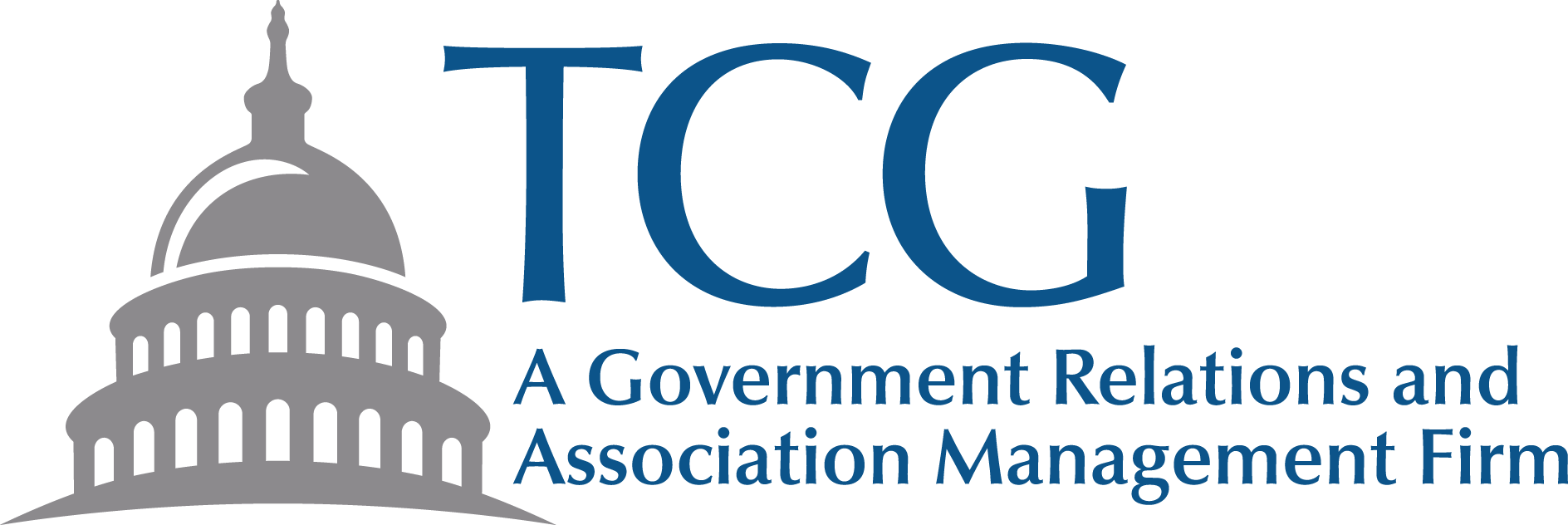TANGO Partners Perspective – March 2024
How Grassroots Lobbying Can Broaden a Nonprofit’s Reach

Grassroots lobbying presents a powerful tool in a nonprofit organization’s arsenal of asserting its significance and its message. By generating creative, timely, and innovative ways to disseminate the core values and priorities of non-and for-profit entities, grassroots lobbying has proven itself vital to the growth and durability of an organization. This mode of outreach takes the form of targeted messaging, from local gatherings, to mailings, to published materials. An adept, attuned lobbyist can assist a nonprofit in achieving its goals by guiding this thoughtful method of informing the public of a nonprofit’s greater good.
What is Grassroots Lobbying?
The Internal Revenue Service states that “grassroots lobbying refers to attempts to influence legislation by attempting to affect the opinion of the public with respect to the legislation and encouraging the audience to take action with respect to the legislation.” “Grassroots lobbying” distinguishes itself from “direct lobbying” in the way that information is conveyed to legislators: the former seeks to influence public sentiment, which then informs lawmakers, and the latter
involves direct communications with lawmakers through lobbying efforts that seek to impact their decisions. Grassroots lobbying allows an organization to inform the public of issues that they might otherwise be unaware of. “Grassroots lobbying involves the mass mobilization of the public around a legislative issue. Grassroots lobbyists ask the general public to contact their legislators and other officials regarding an issue. Direct lobbying involves any attempt to
influence legislation (new or existing) by communicating with a member of the legislative body or other government official who has a say in the legislation.” (Lobbyit)
Regulations that guide direct lobbying do not necessarily apply to grassroots lobbying with the same rigor, allowing for different attention to go toward these efforts. While direct lobbying can also be an important aspect of a nonprofit’s strategy, the following parameters give shape to direct lobbying by nonprofits: “The Lobbying Disclosure Act of 1995 requires all lobbying entities to register with the Secretary of the Senate and the Clerk of the House of Representatives. Non-profit organizations can lobby under the Public Charity Lobbying Law, but there are restrictions. […] Many states also have their own regulations on lobbying, NCSL provides a comprehensive list.” (Countable) Grassroots lobbying furnishes possibilities for further influence beyond certain restrictions on direct lobbying.
Championing Interests
In crafting grassroots lobbying efforts, a nonprofit organization can benefit from the input and wisdom of its constituency, and also by engaging a lobbyist who can help to gather data and navigate strategy. Finding the right lobbying professional suited to a nonprofit organization’s needs can help to establish the essential link between the nonprofit and its community. A nonprofit can seek the help of a lobbyist that specializes in similar endeavors, that has ties to its cause or locale, and most importantly, has the ability and depth of knowledge to champion its interests. This professional will bring a nuanced perspective to government relations and invigorate public engagement with fresh ideas, authentic investment, and inherent care.
Connecting the Dots
A lobbying professional that assists in grassroots lobbying can encourage relationships between nonprofits with shared interests. They can link nonprofit organizations with shared causes using their expert knowledge, fortifying the impact of a nonprofit’s grassroots efforts. A skilled lobbying
professional will also empower a nonprofit to connect these dots, and facilitate its own outreach and communications. The lobbyist can thread together organizations that can help one another as they each seek to communicate their message to the public.
Modern Methods
In the digital era, opportunities for grassroots lobbying abound, from informational emails, to online gatherings, to dynamic social media, which allow nonprofits to convey their cause to a broader audience than ever before. “The importance of lobbying has long been recognized in the political atmosphere. However, as society continues to advance and with the growing number of individuals online, people involved in nearly any kind of political or organizing work may spend a substantial portion of their time engaging and communicating on social media networks. Lobbying via social media entails fostering community in a new environment. However, grassroots organizations need to recognize that expanding on lobbying techniques is an essential element of recognizing a changing and challenging mediascape that fluctuates rapidly and draws narratives from the grassroots level to the frontline.” (Vo) With these contemporary methods of grassroots lobbying, with particular attention to social media, a nonprofit can expand the breadth and reach of its impact.
TCORS Capitol Group, LLC.
TANGO partner TCORS Capitol Group, LLC. (TCG) uses our experience in the organization of grassroots initiatives and coalition building to advance our clients’ interests. Our grassroots organizing campaigns maximize political influence by delivering valuable constituent support for client initiatives to decision-makers, often the difference between a winning and losing campaign. Whether the message must be delivered directly or through “free” media, we have been there before. Our staff can help you develop materials, craft your message, implement the logistics and maximize your clout. Alan Deckman is the President and Principal Owner of TCORS Capitol Group, LLC. (TCG), a full-service government relations and association management firm that has provided the highest quality of expertise and knowledge in the areas of lobbying and association management for more than 28 years. Mr. Deckman is also the Founder and President of the Connecticut Blockchain Association, whose mission it is to develop, promote, and advance blockchain technology and to establish Connecticut as a leader for blockchain innovation.
CONTACT OUR
TANGO PARTNER
